Center for Communicable Disease Dynamics
The Center for Communicable Disease Dynamics works to improve methods for infectious disease modeling and statistical analysis, quantify disease and intervention impact, engage with policymakers to enhance decision-making, and train the next generation of scientists.
677 Huntington Avenue
Kresge Building, Suite 506
Boston, MA 02115
Postdocs and Researchers

Aditya began his journey in academic science studying agricultural microbiology, receiving his BSc at the University of Mumbai, India followed by his MSc at the MS University of Baroda, India. Transitioning to studying infectious disease, he then received his PhD in microbial physiology at the University of Massachusetts Medical School studying cell cycle progression in Mycobacterium tuberculosis with Christopher Sassetti. Currently, as a postdoctoral fellow in Yonatan Grad’s lab, where he is co-advised by Ethan Garner, Aditya studies fundamental aspects of Neisseria gonorrhoeae cell biology and mechanisms of antimicrobial resistance.

Sofia Blomqvist joined the Grad Lab in June 2024. She graduated from UMass Amherst, where she majored in Biology and conducted research on the evolution of antimicrobial proteins. She’s very excited to join the Grad Lab and pursue her interests in infectious disease and antimicrobial resistance. In her free time, Sofia enjoys crosswords, reading, going to the beach, playing the trombone, and curling up on the couch with her dog.

Melike H. Can is a research collaborator in the Department of Global Health and Population at Harvard T.H. Chan School of Public Health. Her current work focuses on modeling of tuberculosis (TB) care cascade and diagnostic algorithms.
She holds a BA in Economics, as well as a BS and an MS in Industrial Engineering. Prior to joining Menzies Lab, she completed her PhD in Industrial Engineering at Northeastern University, where she received another MS in Operations Research. During her graduate studies, she has utilized mathematical modeling, statistics, and simulation analysis to optimize health care operations in collaboration with health facilities and universities. Her dissertation focused on the applications of machine learning methods in breast cancer treatment. Her research interests include machine learning, mathematical modeling and optimization, applied statistics, and simulation modeling.
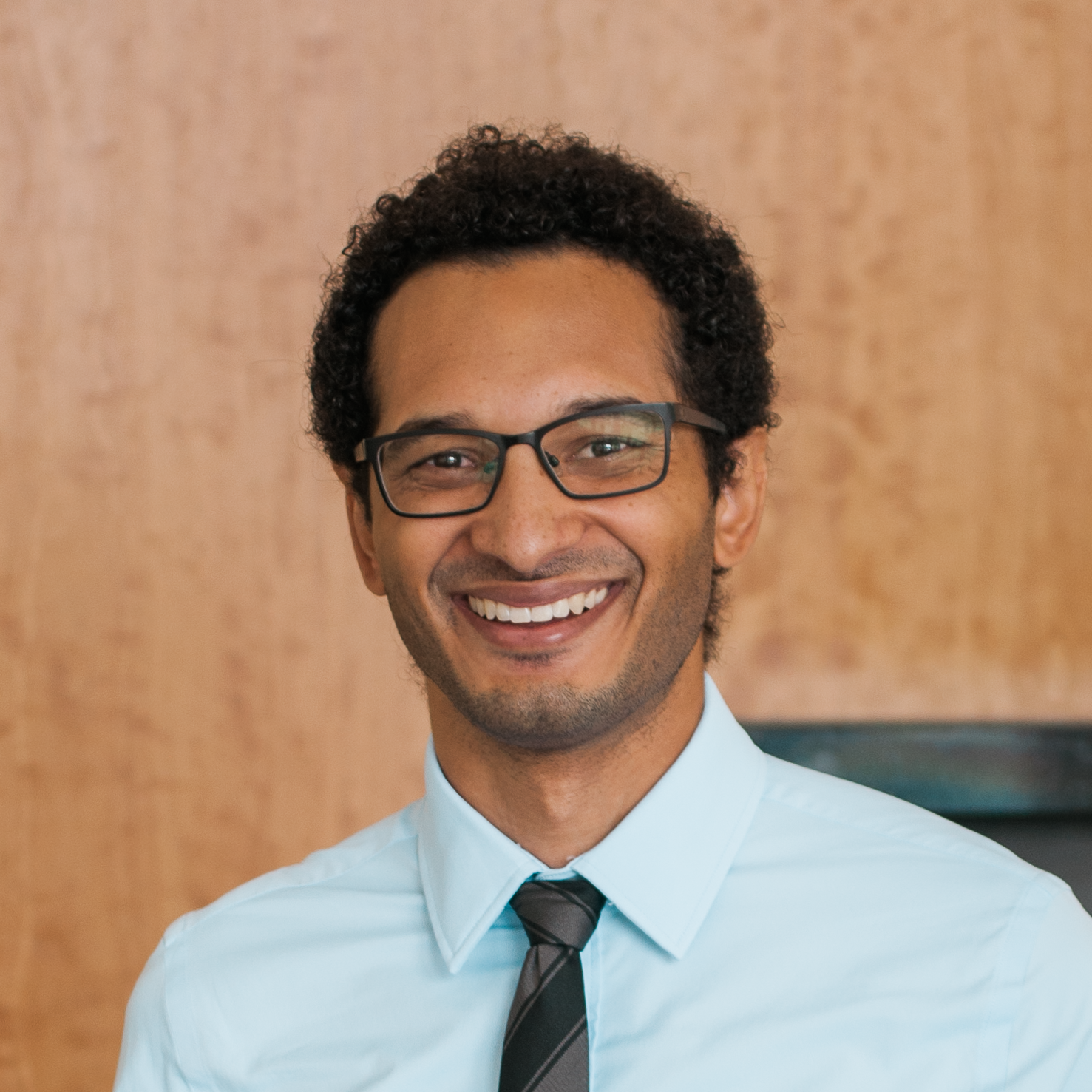
Alaric is a pediatric infectious diseases clinical fellow at Boston Children’s Hospital and postdoctoral research fellow joining the Grad and Lipsitch labs. He studied Ecology and Evolutionary Biology at Yale, and he received his MD and PhD from Washington University in St. Louis. Alaric completed his dissertation research with Gautam Dantas in Computational and Systems Biology studying bacteria and antibiotic resistance genes collected from hospitals, humans, and livestock. He subsequently completed Pediatrics residency at Boston Children’s Hospital. His current research combines genomics, epidemiology, and modeling to understand how antibiotic resistance’s prevalence and spread responds to changing selection pressures. Outside of science and medicine, Alaric loves reading, climbing, skiing, and spending time with his family and pets.
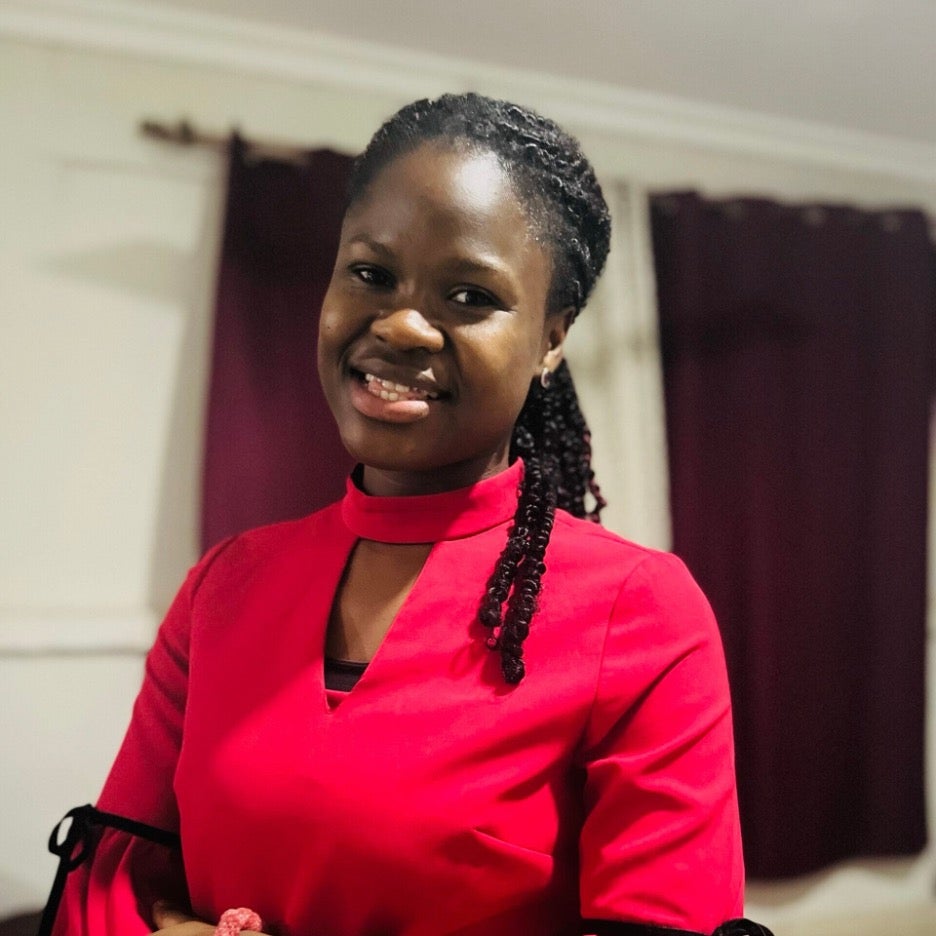
Emmanuelle Dankwa, DPhil, is an infectious disease epidemiologist specializing in transmission modeling and analytics capacity strengthening. She completed her doctoral training in Statistics at the University of Oxford. At the Center for Communicable Disease Dynamics, Emmanuelle works with Dr. Caroline Buckee on quantifying the direct and indirect impacts of migration on malaria transmission in Panama’s Darién region. Additionally, she has worked on tuberculosis modeling to evaluate the impact of contact tracing and preventive therapy interventions against the spread of multidrug-resistant tuberculosis.
On analytics capacity strengthening, Emmanuelle has been involved in various related efforts in low- and middle-income countries (LMICs). She recently led a team to update the evidence on the use of data and analytics for health sector priority setting in LMICs with a detailed case study for Ghana. Additionally, she was an instructor for the University of Global Health Equity, Rwanda/Harvard training course in mathematical modeling of infectious disease transmission which trained public health leaders from disease programs in Rwanda, Kenya and Uganda to competently use data to respond to emerging disease threats. Emmanuelle teaches graduate courses in transmission modeling at the Harvard T. H. Chan School of Public Health.
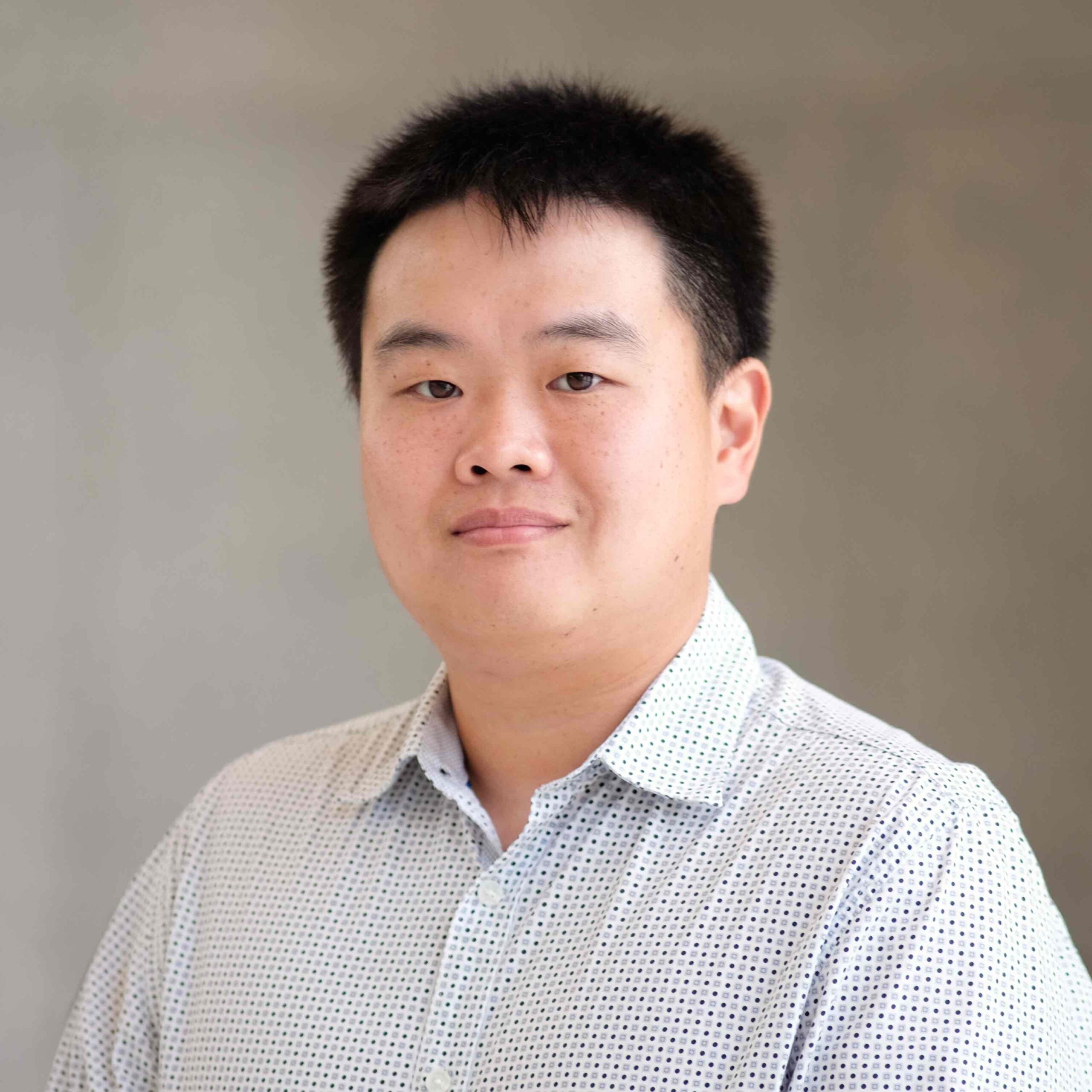
Dr. Dewey is a postdoc with the MIGHTE group. He completed his PhD in Epidemiology at UCLA, using network methods to assess questions from behavioral science, public health, and scientometrics. He hopes to use his background in network science and epidemiology to complement the ongoing outbreak forecasting efforts using non-traditional data. He’s also interested in the collection of high-quality data that could be used as a platform for future network research.

Juan Gago joined Marc Lipsitch’s Lab in June 2024. Juan, originally from Buenos Aires, Argentina, completed his MD at the University of Buenos Aires. After graduating, he decided to focus his career on population health and epidemiology. He earned his MPH from the CUNY School of Public Health and his PhD from the NYU School of Medicine. He is particularly interested in employing causal inference methods to improve antibiotic use and prevent the surge of antimicrobial resistance. Outside of work, he enjoys swimming, traveling to new cities, and discovering where to find the best cup of coffee.

At Harvard Chan School, Masa conducts research on wastewater-based surveillance for COVID-19 and to measure the social value of vaccination.
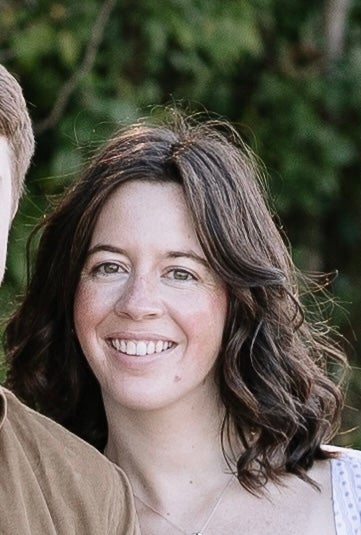
Sydney Klein is an epidemiology modeler focused on HIV, HPV, and cervical cancer. She studies how prevention strategies—like vaccination and PrEP—can reduce disease in Kenya and South Africa, as well as evaluating their cost-effectiveness.

Salome is a new postdoctoral fellow who joined Jeff Imai-Eaton’s lab in September 2024. She is interested in using modern methods in causal inference to understand gender-based drivers of HIV acquisition and engagement in HIV treatment. Salome completed her PhD in epidemiology from McGill University where her research focused on the implications of intimate partner violence for HIV control in women, girls, and infants. Prior to her PhD, Salome worked on implementation research studies in India, Tanzania, South Africa and Malawi. Outside of work she enjoys reading, hiking, and attending live music shows.
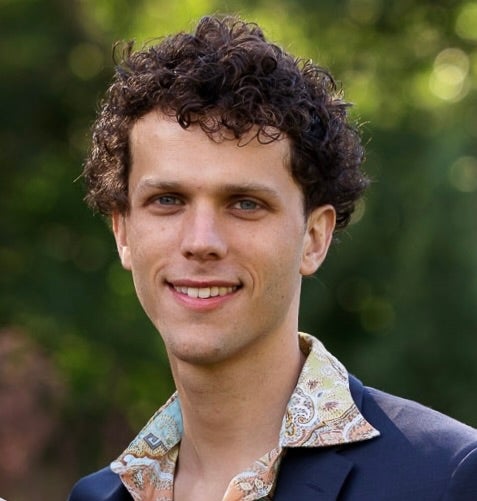
Nicholas B. Link is a postdoctoral researcher in Network Science at Northeastern University, working with Mauricio Santillana. He earned his PhD in Biostatistics from the Harvard T.H. Chan School of Public Health, where his dissertation focused on Bayesian and spatiotemporal modeling of infectious diseases and population health. His research spans syndromic surveillance, wastewater-based outbreak detection, small-area population estimation, and uncertainty quantification in epidemiological models, with applications to public health decision-making in both high- and low-resource settings.
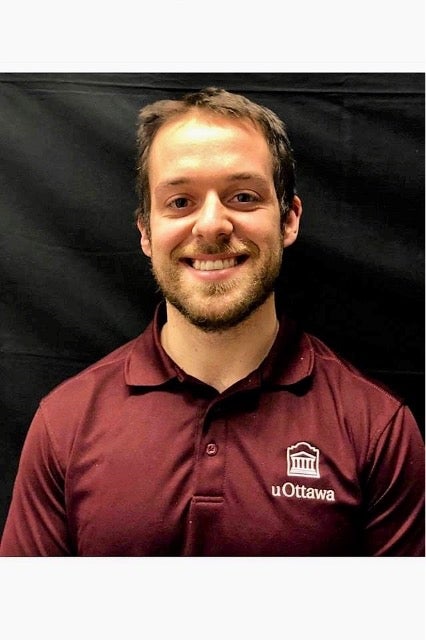
Dr. Robert Meade completed his doctoral degree in thermal physiology at the Human and Environmental Physiology Research Unit of the University of Ottawa. He also holds a Masters in Public Health from the Harvard T.H. Chan School of Public Health. Dr. Meade’s research is directed at combining physiological and epidemiological methods to better understand the adverse health effects of hot weather and how they can be mitigated.

In the pursuit of innovative solutions to some of the world’s most pressing health challenges, my research revolves around constructing advanced statistical models for predicting infection outbreaks. My PhD and post-doctoral research focused primarily on understanding the evolution of epidemic and pandemic viruses. Currently, these models are tailored to forecast Dengue outbreaks in tropical countries and Influenza outbreaks in the U.S. My work is not just theoretical; the Dengue forecasts I produce along with the team in the Santillana Lab play a crucial role in supporting clinical trial programs conducted by Johnson and Johnson. Similarly, the Influenza models I’ve helped to develop are instrumental in contributing to the CDC’s Flusight project. The complexities of this research demand a multifaceted approach. I employ a diverse range of methods, bridging the domains of machine learning, infectious disease epidemiology, and time series forecasting. I use classic time series and multivariate methods as well as both custom-produced supervised and unsupervised learning techniques. Subsequent stages involve error analysis and the visualization of our findings. Collaboration is central to the success of these projects. I routinely interact with both governmental and non-governmental stakeholders. In addition, I am a physician and routinely communicate with clinical teams regarding the application of public health data to clinical problems.
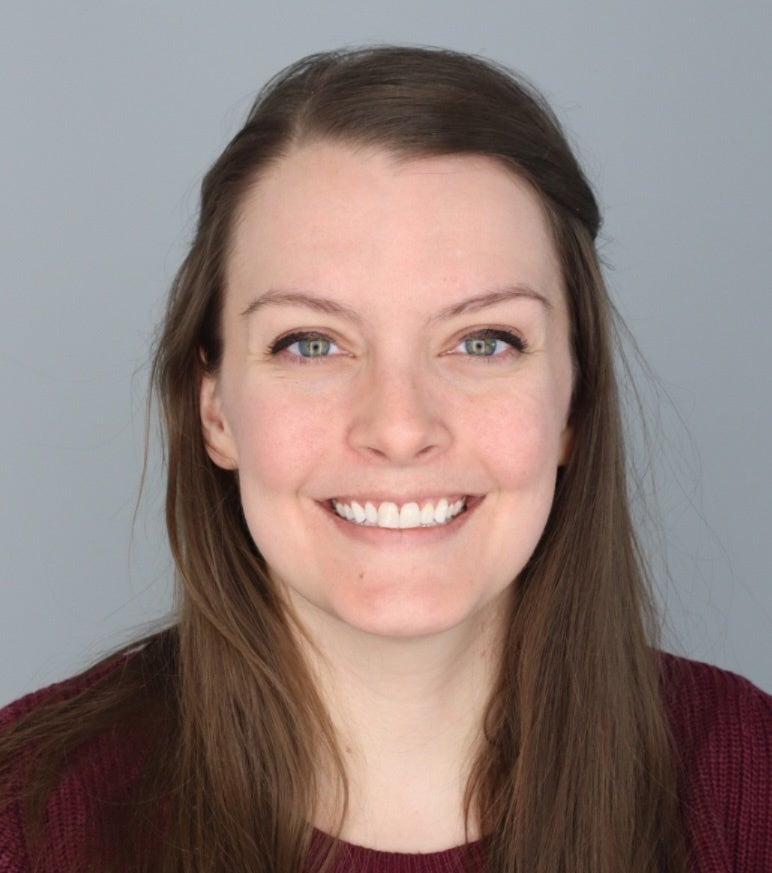
Rachel is an infectious diseases physician at Massachusetts General Hospital who is interested in the prevention, treatment, and development of antimicrobial resistance in bacterial sexually transmitted infections (STIs). She completed her MD and internal medicine residency at Johns Hopkins, and she completed her infectious diseases fellowship in the Massachusetts General Brigham combined program in 2024. Her current research leverages patient data from electronic medical records across the Harvard system to assess changes in bacterial STI incidence and antimicrobial resistance in the setting of increasingly widespread use of doxycycline post-exposure prophylaxis. Outside of science and medicine, Rachel enjoys playing boardgames and backyard birdwatching with her husband.
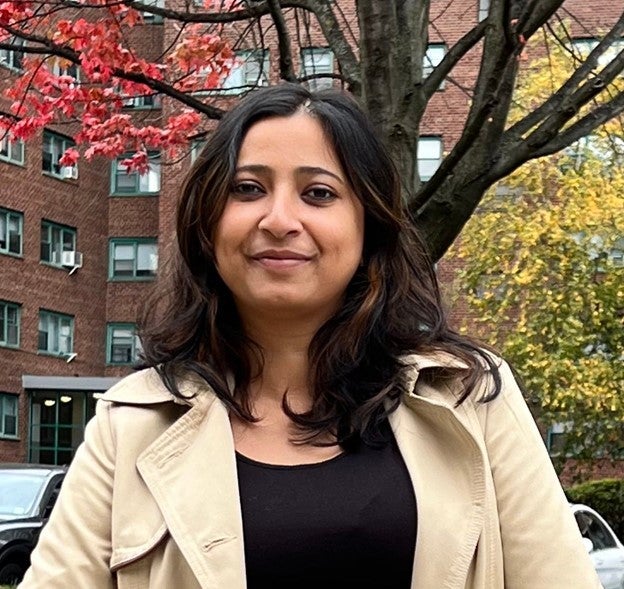
Aditi’s work focuses on the antigenic diversity of Neisseria gonorrhoeae and its interaction with host immunity. She completed her PhD in “Biochemistry” from CSIR Indian Institute of Chemical Biology, India. She worked on host-parasite interactions in Leishmania parasites during my PhD. Before moving to Grad lab, Aditi did a postdoc in New Jersey Medical School where she developed Small-molecule inhibitors against Trypanosoma parasites that causes African sleeping sickness. She is working on the mechanism of antibiotic resistance and antigenic diversity in Neisseria gonorrhoeae.

Samantha Palace, PhD, is a research scientist in Dr. Yonatan Grad’s laboratory. Sam’s current research focuses on using experimental genetic approaches to understand the adaptation of Neisseria gonorrhoeae to antimicrobial and host pressures. Sam earned her PhD in molecular genetics and microbiology from UMass Medical School, where her work focused on host/pathogen interactions of Yersinia pestis, and completed postdoctoral training with Dr. Grad and Dr. Marc Lipsitch at HSPH.
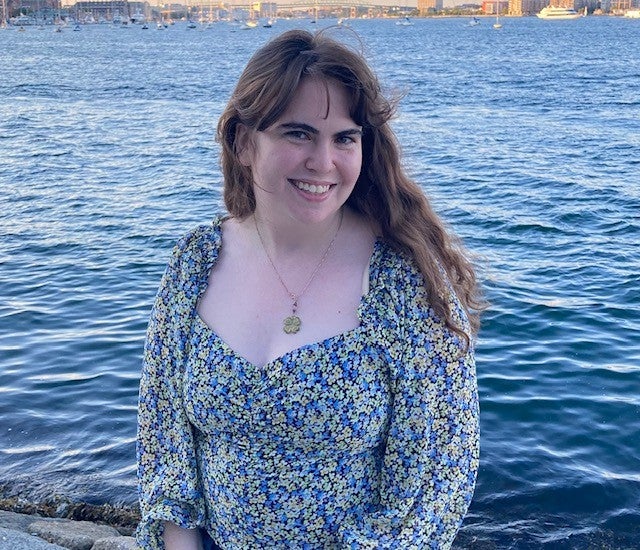
Allison Panetta is an data analyst focused on HIV with a background in behavioral health. She focuses on how different methods for accessing PrEP and ART can impact adherence and prevent HIV spread in South Africa. She is also interested in how social determinants of health can impact physical and mental health outcomes.

Dr. Binod Pant completed his PhD in Applied Mathematics at the University of Maryland, College Park (UMD), where his research focused on the intersection of mathematics and biology. His work involved utilizing mathematical theory, data analytics, and computational methods to gain insight into the transmission dynamics and control of emerging and re-emerging infectious diseases of public health importance. During the COVID-19 pandemic, Dr. Pant’s research addressed several critical areas, including the impact of heterogeneity on herd immunity threshold, the impact of human behavior on disease transmission, and predicting hospitalization using wastewater surveillance data.

Domonique Reed received a PhD in Epidemiology from Columbia University. Domonique’s research primarily focuses on understanding the impact of interpersonal relationships on risk behaviors and engagement in HIV prevention services for adolescent girls and young women. Her dissertation research, titled “Moving Beyond the Individual: A Data-driven Approach to Assessing the Multi-level Determinants of HIV among Adolescent Girls and Young Women in Sub-Saharan Africa” was a multi-pronged study that applied novel data science methods to better understand the multi-level drivers of HIV risk in this vulnerable population.
As a Yerby Fellow, she will be mentored by Dr. Jeffrey Imai-Eaton and will expand on her work in data integration to characterize gaps in sub-Saharan African populations that are missing from HIV programming that go beyond standard demographic stratification, such as age and sex.
In her free time, she enjoys long distance running, traveling, and spending time with family.
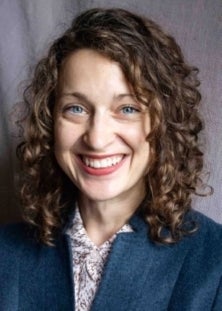
Sara R. Rendell is a physician and medical anthropologist specializing in the social science of infectious disease prevention and treatment, with particular attention to public trust in medical interventions. She is a clinical research fellow in Infectious Diseases at Massachusetts General and Brigham and Women’s Hospital working with Dr. Ruanne Barnabas. She earned both her MD and PhD in medical anthropology from the University of Pennsylvania. Her doctoral research explored the delivery of care to an increasingly mobile population and characterized the spillover effects of illness and forced displacement. She served as a research consultant to the World Health Organization from 2015-2016 and again from 2017 – 2019 and has collaborated on projects addressing antiretroviral adherence and immunization uptake during significant life transitions, including pregnancy and the postpartum period. She specializes in ethnographic and mixed method research. Her work aims to identify and implement effective and accessible strategies for prevention of morbidity from chronic and recurrent viral infections, including HIV, HPV, VZV, and influenza.

Minttu Rönn is an infectious disease epidemiologist, and in her research she employs mathematical modeling to inform decision-making in the fields of reproductive health, sexually transmitted infections (STIs), and HIV. Minttu’s interests include transmission dynamics of infectious diseases, HIV-STI co-infections, and social determinants of health. Originally from Finland, Minttu earned her BSc in General Microbiology from the University of Helsinki. She then relocated to London, UK, to pursue studies in public health, obtaining MPH and PhD degrees from Imperial College London.
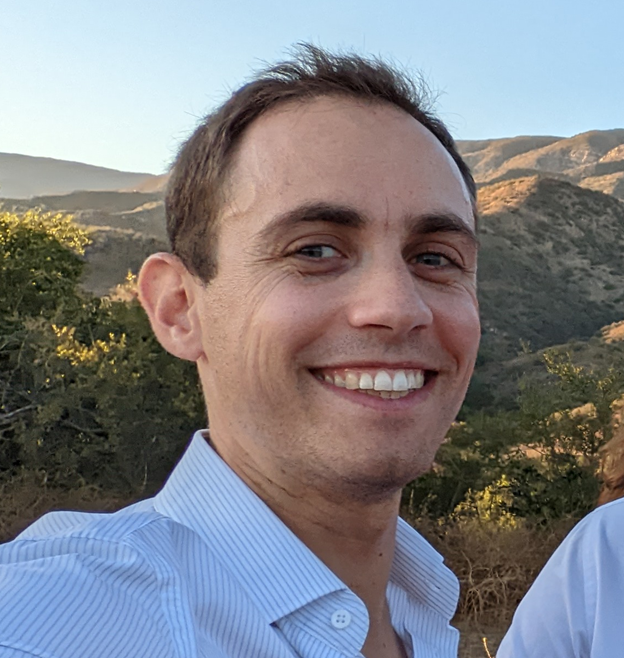
Ilan Rubin is a postdoctoral research fellow in the Center for Communicable Disease Dynamics at Harvard Chan School, interested in how evolution affects epidemiological dynamics. After graduating with a BA in Computational Biology from Cornell University, he worked in epidemiological and disaster response modeling at Gryphon Scientific. He then worked at Georgia Tech modeling Ebola transmission dynamics and mitigation efforts. He received his PhD in Zoology from the University of British Columbia, using mathematical models to study how diversity evolves and is maintained in ecological communities. At the CCDD, he focuses on modeling the evolution of infectious diseases, including the epidemiology of successive disease variants and the evolution of viruses in response to vaccination efforts.
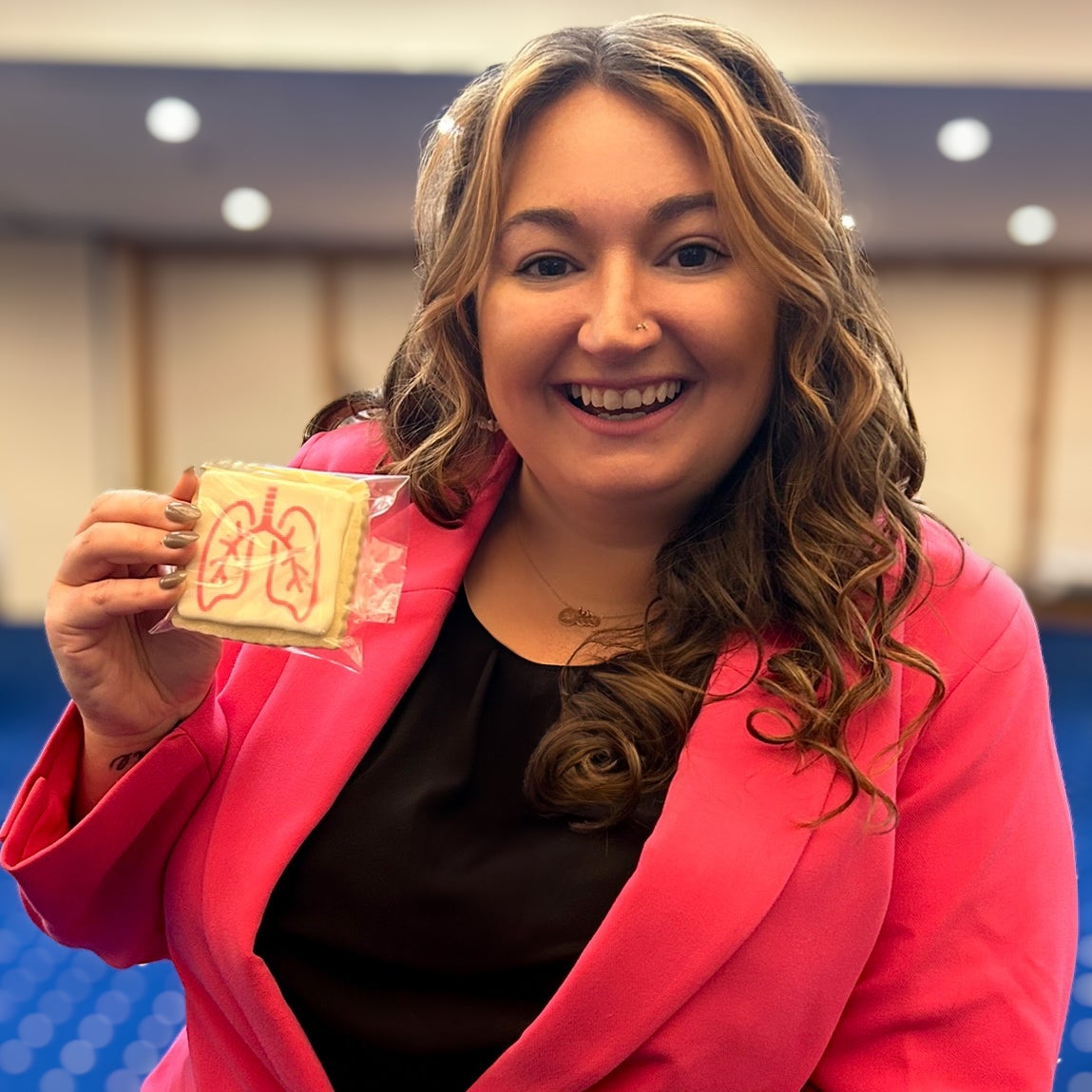
Nicole Anne Swartwood is a senior research analyst in the lab of Nicolas Menzies.
At Harvard Chan School, Nicole’s work focuses on mathematical modeling of tuberculosis and COVID-19 in the United States. Her academic interests include disease modeling, respiratory health, atmospheric chemistry. She is also passionate about the use of the R programming language in infectious disease epidemiology. She cofounded the R User Group at HDSI and works to improve reproducibility in science through the development of webtools and R packages.
Nicole received several degrees from the University of Tennessee, including a BS in Mathematics and a BS in Microbiology. She also attended Emory University where she received her MSPH in Environmental Health and Epidemiology. While at Emory, Nicole developed quantitative microbial risk assessments of norovirus on produce, air pollution estimates using remote sensing techniques, and survey-based measures of community understanding of tuberculosis and air pollution in Dhaka, Bangladesh. Her thesis estimated the impact of brick kiln emissions on tuberculosis incidence in Bangladesh.

QinQin is a postdoctoral fellow interested in understanding how and why pathogens evolve, what effect this has for disease spread, and what interventions can slow the spread of disease. Her current work is on the evolutionary dynamics of N. gonorrhoeae in response to pressures from the host adaptive immune system and equity in wastewater monitoring. QinQin completed her PhD in biophysics at UC Berkeley where she studied the role of spatial structure and stochasticity in microbial evolution. She completed her undergraduate degree in experimental physics at MIT. Outside of research, QinQin has interests in policy, education, and science communication. Her previous policy work includes assessing the progress of countries’ national action plans on antimicrobial resistance in sub-Saharan Africa with the Center for Disease Dynamics Economics and Policy (now the One Health Trust). Before starting her PhD, she spent one year developing an affordable science teaching lab model in Rwanda with the university program Kepler. Outside of work she enjoys hiking, traveling, food, and music.